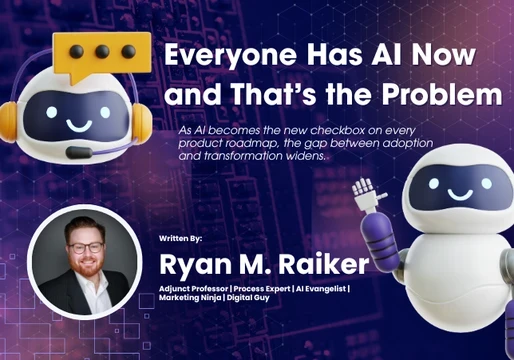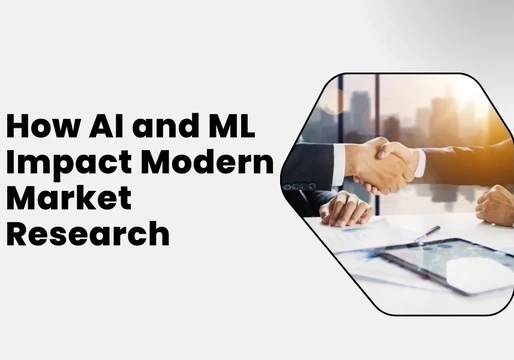As AI technologies become more integrated into business operations, they bring opportunities and challenges. AI’s ability to process vast amounts of data can enhance decision-making and raise concerns about privacy, security, and regulatory compliance.
Ensuring that AI-driven systems adhere to data protection laws, such as GDPR and CCPA, is critical to avoid breaches and penalties. Balancing innovation with strict compliance and robust data security measures is essential as organisations explore AI’s potential while protecting sensitive information.
In this episode, Paulina Rios Maya, Head of Industry Relations, speaks to Erin Nicholson, Global Head of Data Protection and AI Compliance at Thoughtworks, about the importance of compliance frameworks, best practices for transparency and accountability, and the need for collaboration among various teams to build trust in AI systems.
Key Takeaways:
- AI systems are powerful but require ethical and compliant design.
- The lack of standardisation in AI regulations poses significant challenges.
- AI models often need help with explainability and transparency.
- Compliance frameworks are essential for implementing AI in critical sectors.
- Documentation and audits are crucial for maintaining AI accountability.
- Baselining pre-AI processes helps build public trust in AI systems.
- Organisations should map regulations to the most stringent standards.
- Cross-functional collaboration is vital for effective AI compliance.
Chapters:
00:00 - Introduction to AI, Data Protection, and Compliance
02:08 - Challenges in AI Implementation and Compliance
05:56 - The Role of Compliance Frameworks in Critical Sectors
10:31 - Best Practices for Transparency and Accountability in AI
14:48 - Navigating Regional Regulations for AI Compliance
17:43 - Collaboration for Trustworthiness in AI Systems









Comments ( 0 )